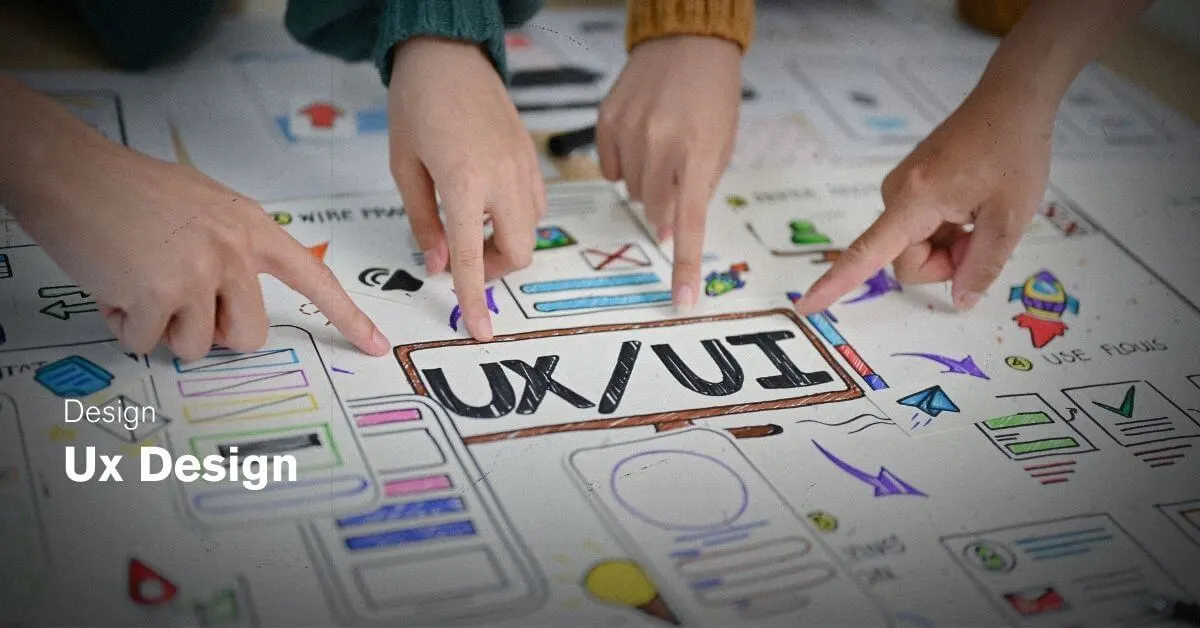The landscape of UX design continues to evolve rapidly, shaped by changing user expectations and technological advancements. Understanding the fundamentals while staying current with emerging trends is crucial for creating impactful digital experiences.
The Foundation of Modern UX Design
At its core, UX design focuses on creating intuitive, enjoyable experiences that meet user needs while achieving business goals. This balance requires:
- Deep understanding of user behavior
- Clear problem-solving methodologies
- Data-driven decision making
- Continuous iteration and improvement
Essential UX Design Principles
User-Centered Approach
Successful UX design always starts with user research:
- Conduct user interviews
- Create detailed personas
- Map user journeys
- Test assumptions frequently
Accessibility First
Modern UX design must prioritize accessibility:
- Design for various abilities
- Ensure keyboard navigation
- Support screen readers
- Maintain proper color contrast
Visual Hierarchy
Create clear navigation paths:
- Use consistent layouts
- Implement effective typography
- Apply strategic white space
- Design clear call-to-actions
Current UX Design Tools
Research and Planning
- Maze for user testing
- Optimal Workshop for card sorting
- Hotjar for behavior analysis
- Miro for collaborative mapping
Design and Prototyping
- Figma for collaborative design
- Adobe XD for rapid prototyping
- Sketch for detailed interfaces
- ProtoPie for advanced interactions
Emerging Trends in UX Design
AI Integration
Artificial intelligence is reshaping UX design through:
- Personalized user experiences
- Automated testing processes
- Predictive user behaviors
- Smart content delivery
Voice Interfaces
Voice UI is becoming increasingly important:
- Natural language processing
- Conversational design patterns
- Multi-modal interactions
- Voice-first experiences
Microinteractions
Small details make big impacts:
- Animated feedback
- Status indicators
- Progress animations
- Interactive elements
Best Practices for 2025
Performance Optimization
Speed and efficiency matter more than ever:
- Minimize load times
- Optimize images
- Reduce unnecessary animations
- Streamline user flows
Mobile-First Design
Mobile continues to dominate:
- Design for smaller screens first
- Consider thumb-friendly zones
- Implement responsive layouts
- Test across devices
Data Privacy
Users expect transparent data handling:
- Clear privacy policies
- Obvious opt-out options
- Minimal data collection
- Secure storage practices
Common UX Design Mistakes to Avoid
Overcomplication
Keep it simple:
- Minimize required steps
- Reduce cognitive load
- Clear, concise content
- Intuitive navigation
Ignoring Feedback
Listen to your users:
- Collect regular feedback
- Analyze user behavior
- Test assumptions
- Iterate based on data
The Future of UX Design
Immersive Experiences
Watch for developments in:
- Augmented reality
- Virtual reality
- Mixed reality
- Spatial computing
Sustainable Design
Consider environmental impact:
- Energy-efficient designs
- Sustainable practices
- Minimal digital waste
- Green hosting solutions
Conclusion
UX design continues to evolve as technology advances and user expectations shift. Success in this field requires a balance of fundamental principles and emerging techniques. Focus on creating meaningful, accessible experiences while staying current with new tools and methodologies.
Remember that great UX design isn’t about following trends – it’s about solving real user problems effectively. Keep learning, testing, and iterating to create digital experiences that truly serve your users’ needs while meeting business objectives.
Storytelling Through Animation: Essential Principles for Creating Compelling Narratives
How Self-Confidence Drives Creativity: Unleashing Your Inner Artist
Retro Revival: How Nostalgic Design Trends Are Reshaping Modern Aesthetics
Digital Illustration Tools for Beginners: A Complete Guide to Starting Your Digital Art Journey


